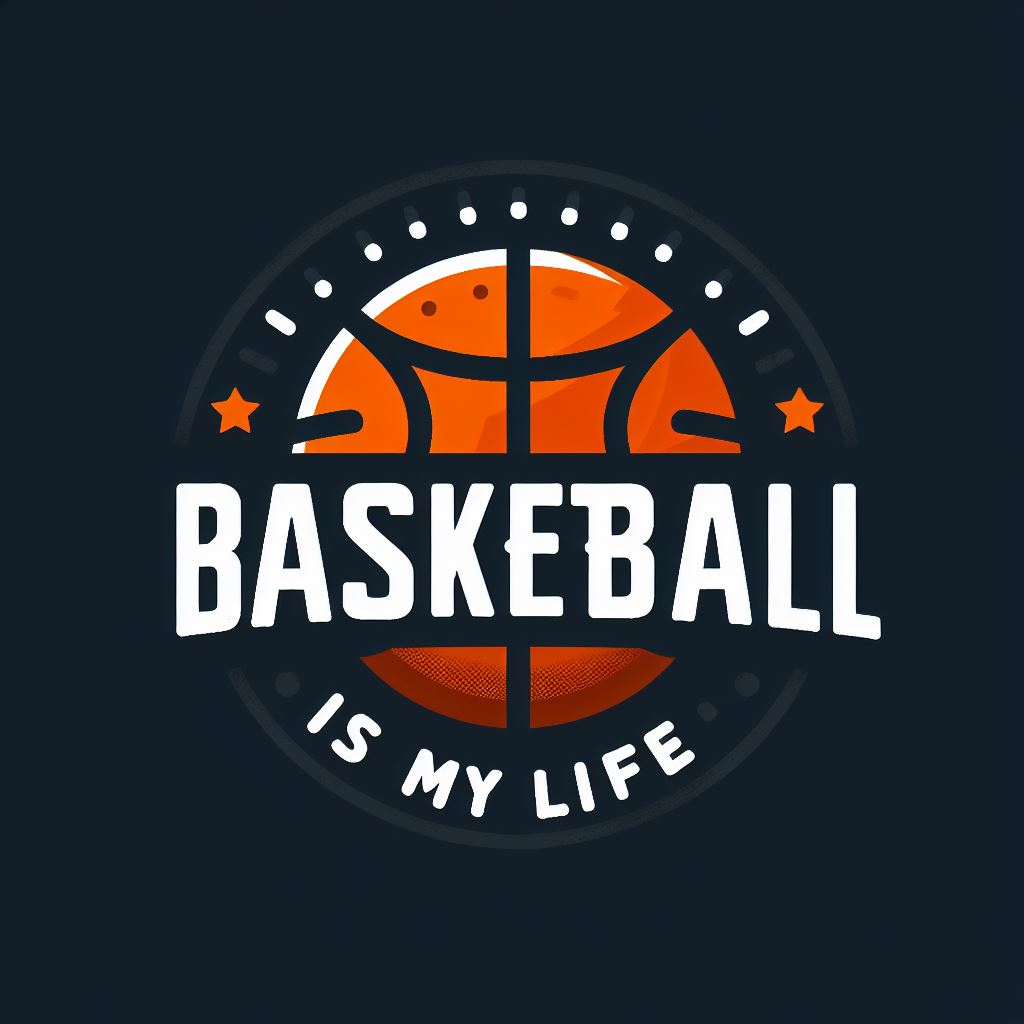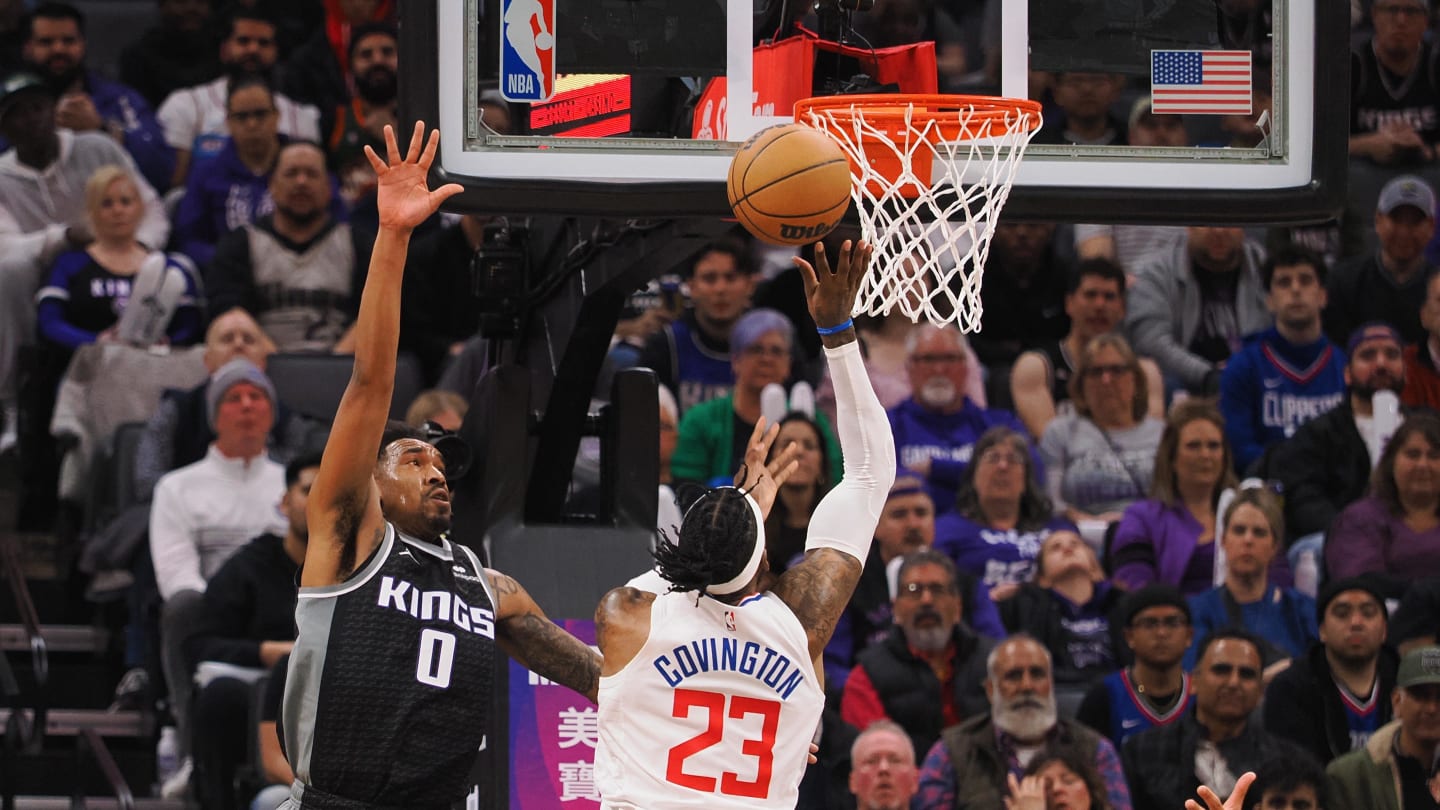We’re nearly two months away from the start of free agency, and 11-year veteran Robert Covington is still without a contract.
Currently, our Sacramento Kings have 14 (out of 15) roster spots filled, with three being two-way contracts and one training camp contract. In theory, that means we can still add Covington a minimum contract for veterans (or something similar) if they want. But should they try to sign it?
As we discussed it throughout the offseasonThe Kings need functional size. What do I mean by that? They need a big forward who can space the floor, attack closeouts, defend and provide secondary rim protection.
The question now becomes: Can Covington do what the Kings expect of him?
As any good analyst will tell you, you have to take a holistic approach to evaluating players. That means looking at anecdotal, analytical, and real-world information (e.g., film analysis) to form an opinion.
That said, I have discovered over the years that there are certain statistics that offer a good indicator of the quality of a role player maybe in the modern NBA. Some metrics I like to look at are players wingspan, 3-point percentage, 3-point attempts per 75 minutes, true shooting percentage on drives, drives per 36 minutes, defensive plus-minus rating (DEF EPM), steal rate, and block rate.
|
Statistical |
Yield (percentage) |
|---|---|
|
Wingspan |
7’1.75 (78th) |
|
3 points % |
33.9% (34th) |
|
3-point attempts per 75 possessions |
4.3 (36th) |
|
Live fire on discs |
66% (96th) |
|
Driven by 36 minutes |
2.7 (17th) |
|
Defensive plus-minus estimate |
+2.5 (96th) |
|
Flight rate |
3.9% (99th) |
|
Blocking rate |
3.6% (86th) |
(Box: All data in the chart above comes from Dunks & Threes and the Thinking Basketball database.)
Based on the numbers above, Covington surely has the defensive splendor to help our Kings. He has nice size (6’1″ with a 7’1″ wingspan), and he’s an excellent defensive playmaker (99th percentile) and secondary basket protector (86th percentile).
The problem, as it has been throughout his career, is his offense. Covington is a below-average outfielder, as evidenced by his three-point efficiency and volume (remember, when it comes to outfield, shooting volume is more important than shooting efficiency).
As for Covington’s driving game, his efficiency is really high, but that’s likely due to his very low volume (he only had 37 drives in 2023-24). In 2021-22, Covington recorded 130 drives (according to NBA.com), and he was only in the 15th percentile in true shooting on drives that season.
At this point in his career, Covington is still an elite per-minute defender who is clearly a net disadvantage on offense. If the Kings were to sign him, their offense would take a hit when he is on the floor because neither of their main centers (Domantas Sabonis and Alex Len) are great deep players. So the Kings would have (at least) two below-average deep players on the floor. However, it would be interesting to see lineups with Covington and Trey Lyles occupying the fourth and fifth spots.
That said, I would still sign Covington if I were the Kings. As we discussed in our article About Cedi Osman, the Kings need more defensive players to give their team and their alignments a little more balance.
Covington would certainly provide that for them. And since this would be a low-risk signing, the Kings should call his agent and see what they can do.
During his career, Covington played for the Philadelphia 76ers, Portland Trail Blazers, Los Angeles Clippers, Minnesota Timberwolves, and Houston Rockets. He averaged 10.8 points per game, 5.5 rebounds per game, 1.4 assists per game, 1.5 shots per game, and 0.9 assists per game.

